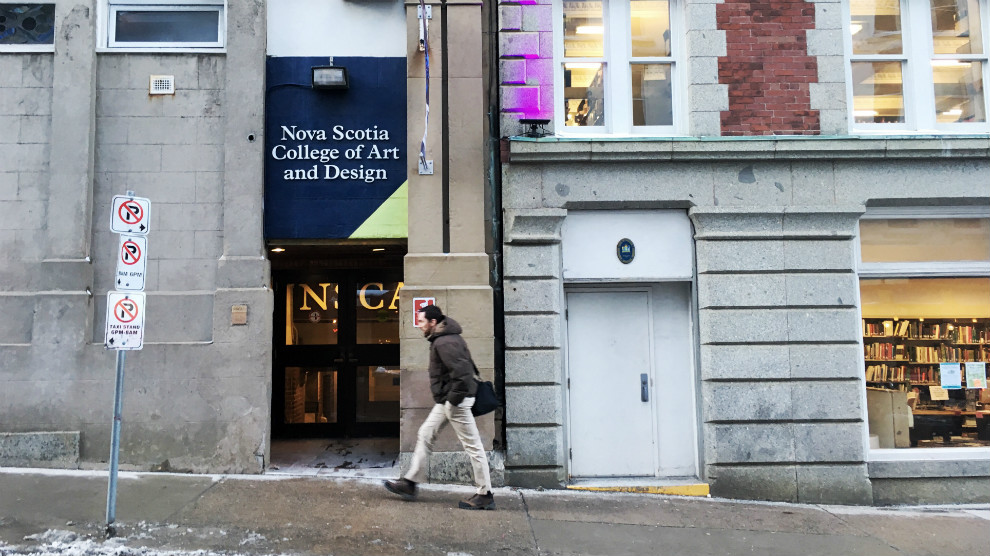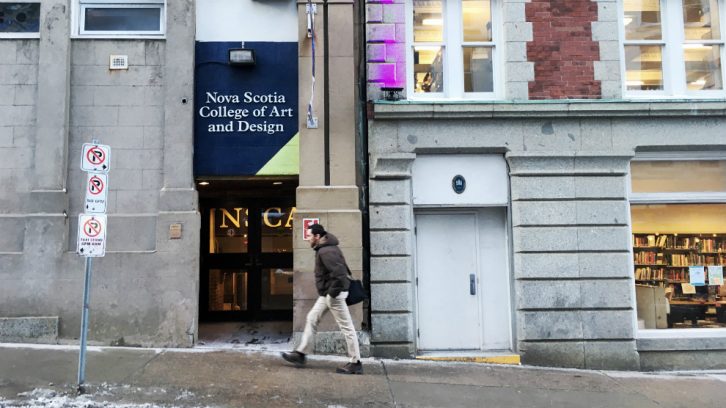Education
Nova Scotia schools welcome students otherwise barred by Trump
International art students still have options

caption
NSCAD opens its doors to international students.
caption
NSCAD opens its doors to international students.NSCAD University has announced that it will accept international students who have been stranded as a result of President Trump’s executive order on immigration, which was issued last week.
The order limits entry to the United States for individuals from seven Muslim-majority nations for 90 days.
“As a Canadian university, we’re happy to step up to the plate and help future students and fellow institutions,” Linda Hutchison, associate vice-president of NSCAD University, said on Thursday.
The Association of Independent Colleges of Art and Design (AICAD), of which NSCAD is a member, is composed of the top visual art and design schools in Canada and the U.S. The association is deeply concerned about the impact the order will have on campuses, students, faculty, and staff, and is committed to standing up against the discrimination.
All Canadian member institutions of the association have agreed to accept international students who planned to study at a U.S. member institution and are no longer able to do so. Credits will be fully transferable to all other AICAD institutions if the student wishes to transfer after the ban is lifted. The standard study permits will still be required.
“AICAD is proud of its long-time commitment to international exchange and partnerships, and will not allow this discriminatory action to change that tradition,” Deborah Obalil, the association’s president, said on Tuesday in a written response to Trump’s executive order.
Obalil says the travel restrictions affect research partnerships, international studies, academic conference participation, field visits, and in some cases, family relationships.
Marilyn Smulders, the director of communications at NSCAD University, says there’s no way to predict the effect this will have on Canadian institutions in the association. Making up only four out of the 42 specialized schools covered by the association, Smulders says there’s a possibility that applications to Canadian schools could skyrocket.
The exchange agreement is not a new feature of AICAD — but the association made the announcement to reassure those affected by the travel ban, and let them know they have options.
“A lot is still unknown right now, and it’s scary,” says Smulders. “But an opportunity like this opens the door for students from the affected countries. Their education doesn’t have to be completely disrupted.”
The Government of Canada notes the issue isn’t restricted to university students, and has implemented a public policy to help others who may have been stranded as a result of the U.S. executive order as well.
NSCAD is not the only university in Nova Scotia to acknowledge the problems that the executive order may cause. Dalhousie University said in an email on Jan. 30 that it is working closely with other universities across Canada to “find the best way to support students, faculty, staff and researchers from the countries caught up in the sudden implementation of the executive order.”
Universities Canada also responded to Trump’s executive order, with a written statement announcing their concern on Jan. 29. In the statement, the organization says the new order is having an impact on Canadian campuses and communities that is “real, immediate and profound,” and they support the call from the American Association of Universities for this ban to end as quickly as possible.

